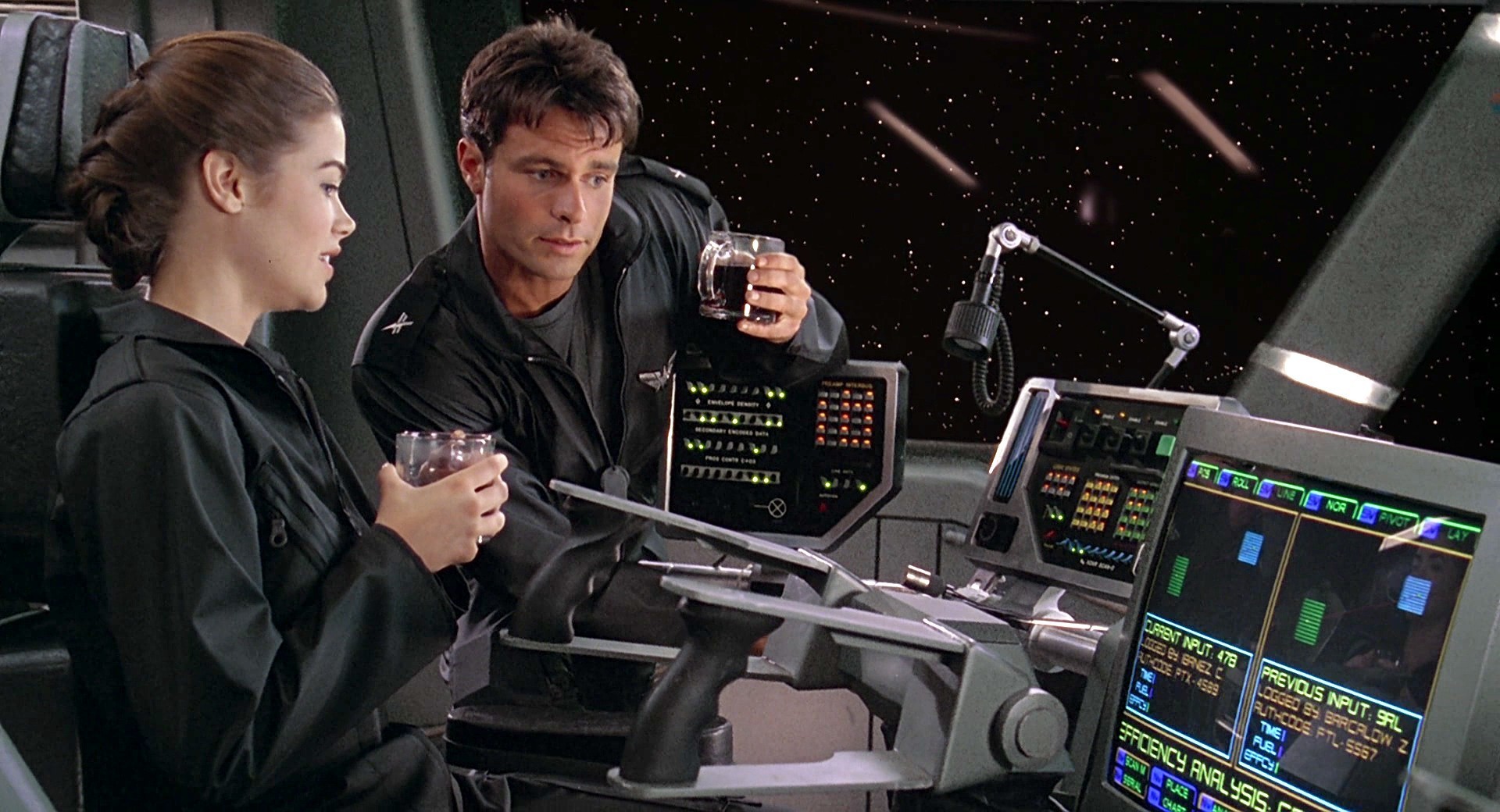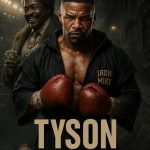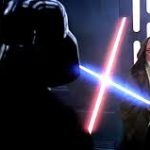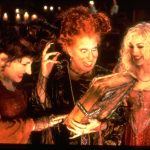Starship Troopers (1997)

Directed by Paul Verhoeven, “Starship Troopers” (1997) is a science fiction film that deftly blends thrilling action sequences with sharp social satire. Based on Robert A. Heinlein’s novel of the same name, the film presents a dystopian future where humanity is engaged in a brutal war against an insectoid alien species known as the Arachnids.
Set in the 23rd century, “Starship Troopers” follows a group of young recruits from Earth as they enlist in the military to fight the Arachnids after a devastating attack on Buenos Aires. The narrative centers around Johnny Rico, played by Casper Van Dien, and his journey from a naive recruit to a seasoned soldier amidst the backdrop of interstellar warfare.
One of the defining aspects of “Starship Troopers” is its satirical critique of militarism and propaganda. Verhoeven uses over-the-top propaganda videos and news broadcasts to portray a society where citizenship and social status are earned through military service. The film parodies fascist regimes and explores the dangerous allure of authoritarianism disguised as patriotism, challenging viewers to question the glorification of war and the sacrifices demanded by militaristic societies.

Visually, “Starship Troopers” dazzles with its groundbreaking special effects, especially in its depiction of the Arachnids and futuristic technology. The CGI-rendered creatures are both terrifying and awe-inspiring, showcasing Verhoeven’s skill in creating visceral and intense battle sequences. The film’s cinematography captures the chaos and brutality of war in space, from epic starship battles to ground combat
Beyond its action-packed exterior, “Starship Troopers” explores themes of camaraderie, sacrifice, and the moral complexities of warfare through its characters. Johnny Rico’s evolution from a high school student to a hardened soldier reflects the harsh realities of combat and the personal sacrifices required to defend humanity. The relationships between Rico and his fellow soldiers, including Dizzy Flores (Dina Meyer) and Carl Jenkins (Neil Patrick Harris), add emotional depth to the narrative as they confront their fears and doubts in the face of overwhelming odds.

Thematically, “Starship Troopers” delves into questions of identity and ideology. The film challenges traditional notions of heroism and patriotism, presenting a world where individualism is subsumed by collective duty and obedience to authority. Verhoeven’s screenplay, coupled with biting dialogue and subtle symbolism, invites viewers to critically examine the nature of citizenship, propaganda, and the manipulation of public sentiment during times of war.
Upon its release, “Starship Troopers” divided critics and audiences with its provocative blend of satire and action. While some praised its bold commentary on societal issues, others interpreted it solely as a straightforward sci-fi adventure. Over time, however, the film has gained a cult following and earned recognition for its ambitious storytelling and thematic depth.

In conclusion, “Starship Troopers” (1997) remains a thought-provoking and visually stunning exploration of war, propaganda, and the human condition. Through Paul Verhoeven’s visionary direction, memorable performances, and incisive social commentary, the film challenges viewers to reconsider the glorification of militarism and the consequences of blind allegiance to authority. As a landmark in science fiction cinema, “Starship Troopers” continues to resonate with its timely themes and enduring relevance in an age of global conflict and political polarization.











